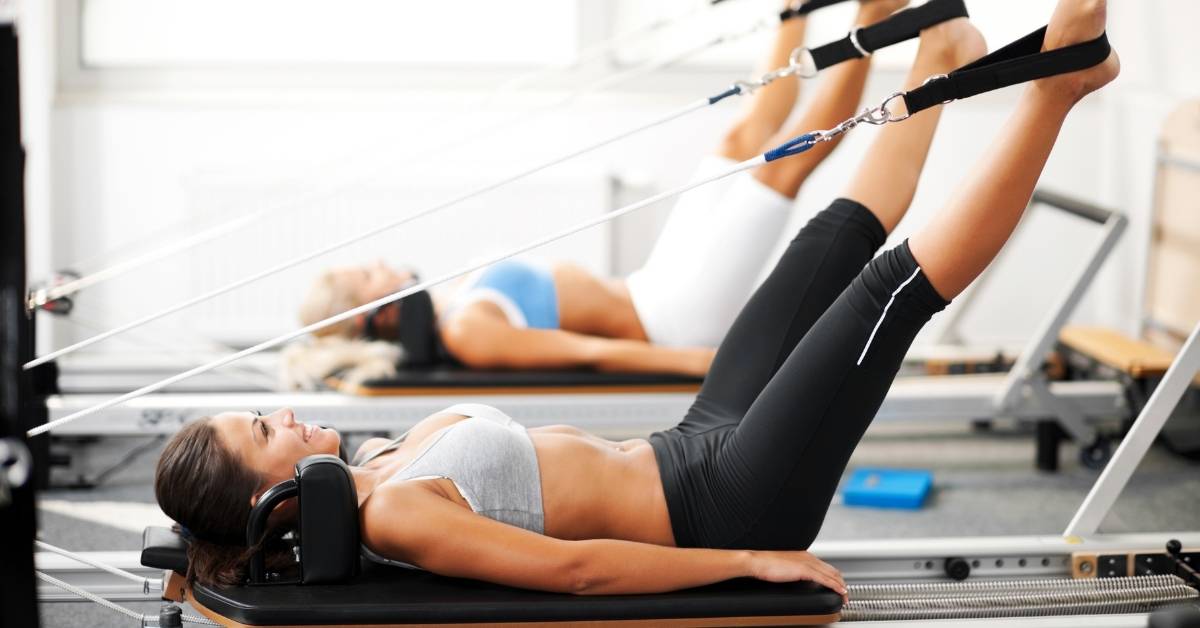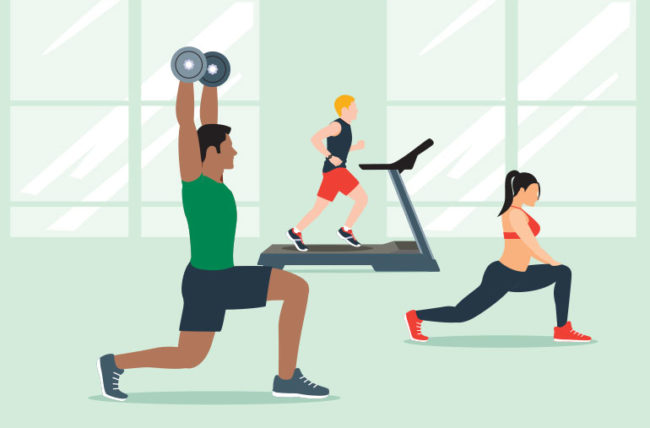Most people are aware that doing some form of exercise is beneficial, not only for losing unwanted body fat, but also for improving overall health. However, many are unaware of certain factors that can significantly increase the fat burning potential while performing exercise and during recovery (rest). Four of the most important factors to consider are: time interval from last meal, type of pre-exercise meal, intensity of aerobic exercise and type of exercise (aerobic versus resistance training).
Time Interval from Last Meal to Exercise Performance
How long should someone wait before performing exercise in order to maximize the amount of fat burned during exercise and while resting? There are a number of studies that address this very question and have shown that fat burning is greater when exercise is performed after an overnight fast or in the morning before having breakfast.
One such study (1) looked at eleven overweight and untrained men over a 4-month course of doing aerobic exercise performed after either an overnight fast or 3-hours after consuming a standard meal. The authors noted that the amount of fat burned during exercise was significantly higher following an overnight fast than after 3-hours post-meal. They also observed that fat burning was even higher during the recovery (resting) phase in the fasting group. In conclusion, the amount of fat burned during exercise and while resting was more pronounced when exercise was performed after an overnight fast as opposed to 3-hours after eating a meal.
But, what if you cannot exercise first thing in the morning due to time restraints, and working out later in the afternoon or evening is more practical – what are your options? The timing of your last meal is still very important as to the amount of fat burned during your exercise session. Researches (2) studied the effects of exercise on fat burning in eight overweight and obese women in two trials of exercise: one performed 1-hour after a meal and the other performed 3-hours after the consuming the same meal. The amount of fat burned was greater during exercise and during rest in the 3-hour post-meal group.
Bottom Line: If your goal is to lose body fat, then the longer you wait after eating a meal the more fat you will burn not only during exercise, but afterwards while resting.
Pre-exercise Meal
What you eat prior to performing exercise is also very important regarding the amount of fat burned during exercise and afterwards during recovery. Individuals who consume carbohydrates before exercising, especially alone, in large amounts or high in glycemic rating, inhibit their ability to burn body fat during exercise and afterwards at rest. Eight healthy sedentary women were fed either a high-glycemic or low-glycemic breakfast 3-hours before walking for 60-minutes(3). Each of the meals had the same amounts of carbohydrate, protein, fat and total calories, but differed in glycemic index rating and total fiber: the low-glycemic index meal was higher in fiber. The researches noted that the amount of fat burned during exercise was twice as much after the low-glycemic meal than the high-glycemic meal both consumed 3-hours before exercise. The amount of fat burned during post-exercise resting was also higher in the low-glycemic index group.
The glycemic index rating reflects the speed at which carbohydrates are digested and absorbed into the bloodstream resulting in elevations in blood sugar and insulin. The higher the glycemic index rating the more rapid the absorption and subsequent blood sugar and insulin elevations. Insulin, a hormone produced by the pancreas gland, regulates sugar and fat utilization. When elevated, fats release from fat cells is inhibited.
Some common high-glycemic foods consumed at breakfast are cereals (corn, rice, wheat), instant oatmeal, white flour baked goods (toast, bagels, croissants, doughnuts), sweetened jams, and white potatoes (hash browns).
Bottom Line: If your goal is to burn body fat, then consume low-glycemic carbohydrates in combination with quality proteins and fats at least 3-hours prior to performing exercise. Do not consume sports drinks, sugary fruit juices or high-glycemic carbohydrates before regular exercise – doing so will inhibit your fat burning potential.


